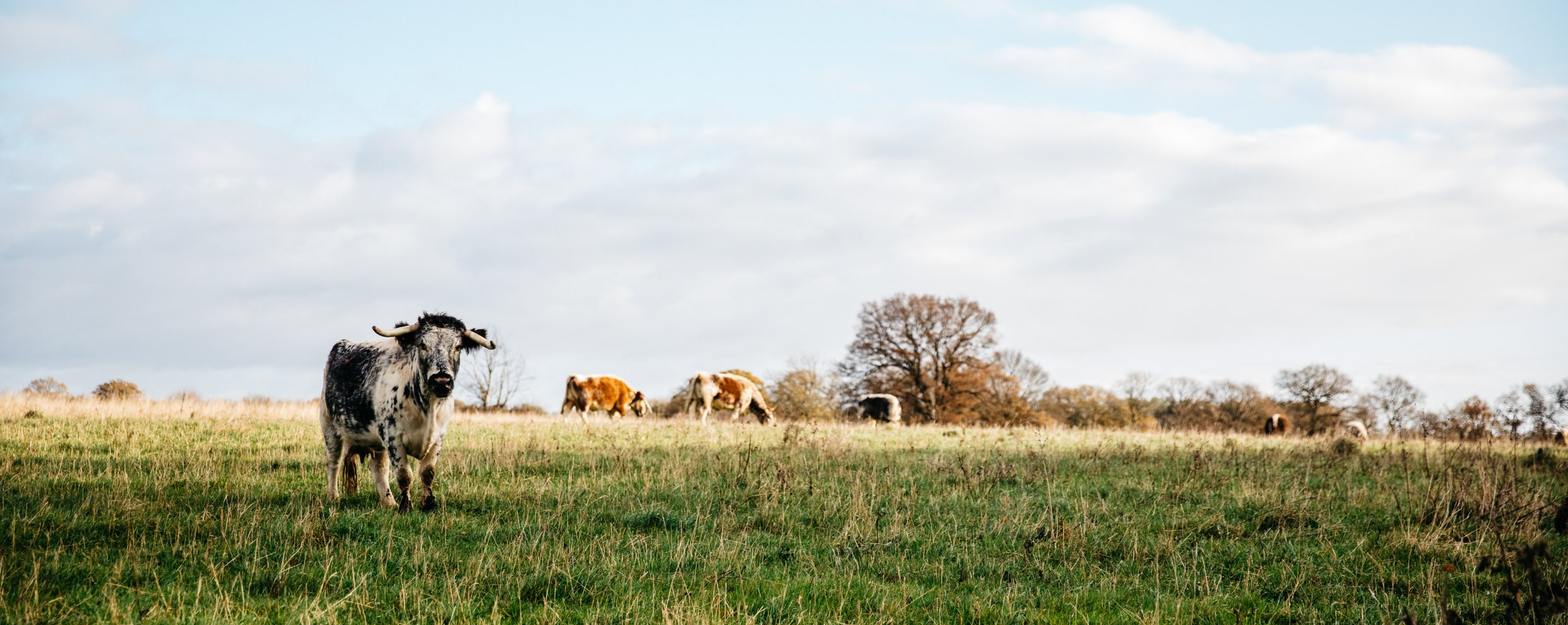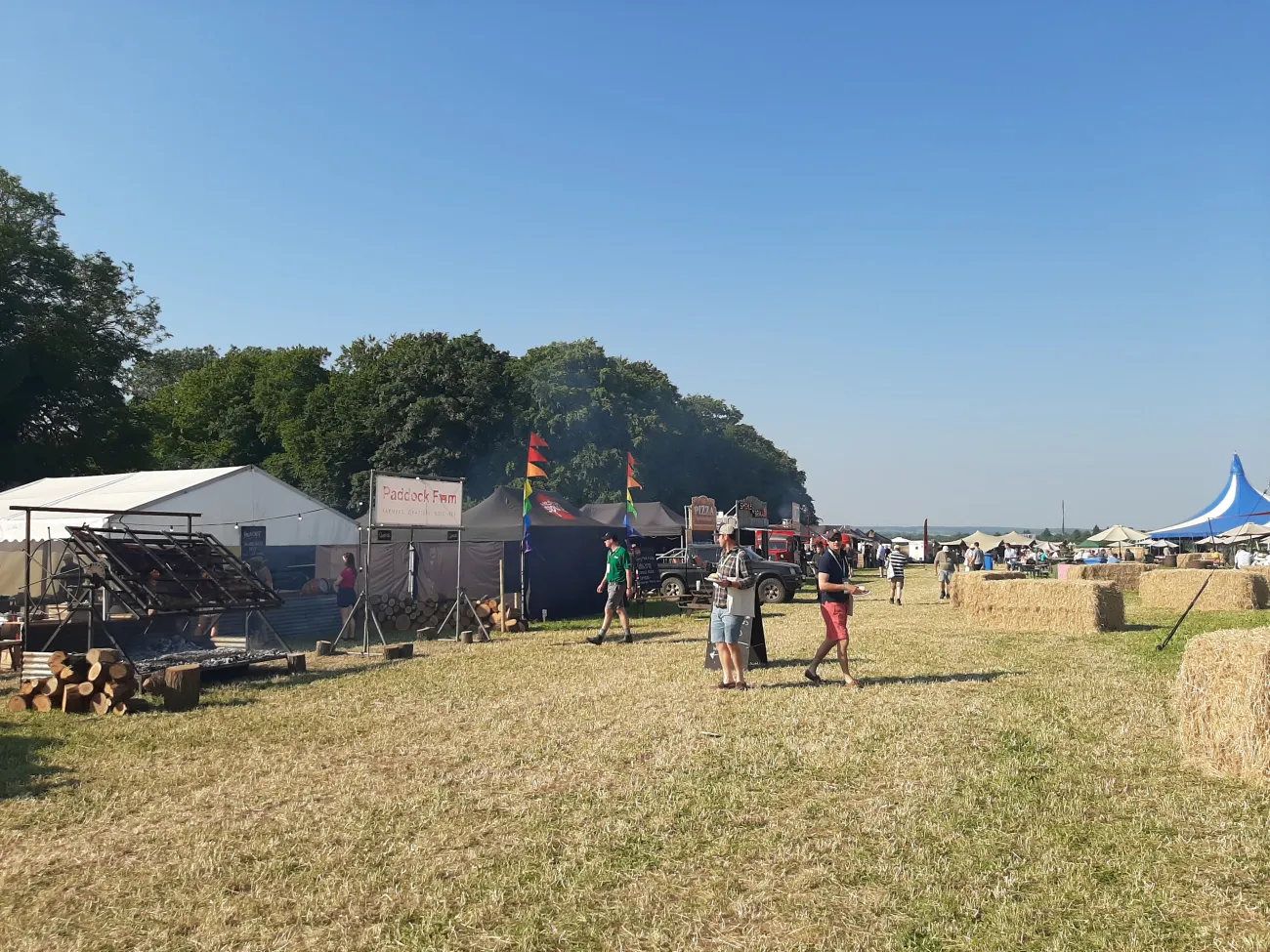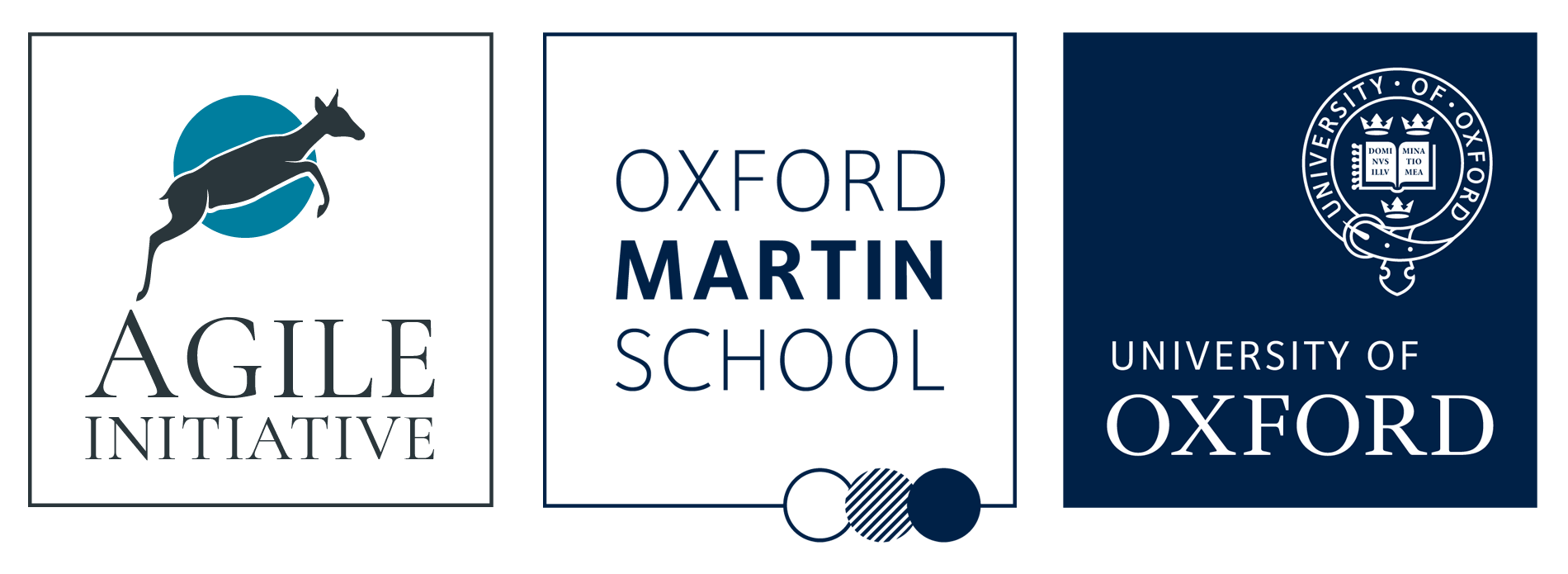Can regenerative agriculture deliver nutritious food and a just food system?
For farmers and others committed to transforming our food systems, the term regenerative agriculture has become a unifying concept and one which has enabled a wider community of producers, retailers, financers and others to embrace an agenda of change. But how confident are we in regenerative agriculture’s environmental and productivity claims? And what would a regenerative shift in UK agriculture mean for our food system as a whole?
Farm-level confidence in RA’s farm-scale benefits seems high, and research on regenerative practices is growing. However, modelling struggles to navigate uneven agro-ecological data and the complexities of context-specific solutions, while the focus on farm-level data often positions RA as a purely agricultural concern.
Calls for new food policy demand connection between food, health and environment, and the incentivisation of a just transition in what we grow and what we eat. The effects of a regenerative shift in UK food supply across diverse farm systems will have both local and global consequences for food affordability, availability, nutritional quality and supply stability, as well as for land use.

This one year project aimed to clarify if and how Regen Ag can lead to greater alignment of food and nutrition security goals, with those for land and environment, and support policy to enable a just transition for the sector and for those it supplies. Does a move to regenerative agriculture support a regenerative food system?
TABLE’s interdisciplinary research team worked with partners The Food Foundation and Green Alliance to explore diverse versions of Regen Ag envisaged by advocates, brands and practitioners, and to investigate, qualitatively and in detail, their implications for the UK food system and its impacts overseas. We have collaborated closely with a core stakeholder group that included representatives from: representatives from the British Ecological Society (BES), the Climate Change Committee (CCC), Cranfield University, the Department for Environment, Food and Rural Affairs (DEFRA), The FAIRR Initiative, Hodmedod's, John Innes Centre and University of East Anglia (Delivering Sustainable Wheat), Landworkers' Alliance, Nature Friendly Farming Network (NFFN), Nestlé, National Farmers' Union (NFU), Pasture for Life, Regenified, The Royal Society for the Protection of Birds (RSPB), Scottish Government, Soil Association, Sustain: the alliance for better food and farming, Sustainable Soils Alliance, Waitrose, Yeo Valley, and the Wildlife Trusts. Through deliberative workshops and wide engagement, we have looked to these versions’ implications for society - including via the composition, quality and affordability of our diets - and for our environment and the species we farm and share it with, to support policy and supply system choices.
Recognising the mistrust sometimes at play between researchers and practitioners, we held discussions with a group of researchers working particularly on assessment in various ways, to consider the indicators available to mark progress in relation to different versions of Regen Ag.
A collaboratively developed picture of regenerative agriculture and its implications could, we hope, enable greater confidence in the development of food policy integrated with environmental and social aims, drive more rigorous private sector strategies, and support civil society in holding both government and other sectors to account.
Project outputs:
TABLE's previous work on regenerative agriculture
About the Agile Initiative
The Agile Initiative was established in February 2022 with a major £10 million grant from the Natural Environment Research Council (NERC). It is part of the Oxford Martin School at the University of Oxford, building on its mission to foster innovative collaborations to solve the world’s most urgent challenges. The Initiative aims to deliver solution-oriented science through a new model of interdisciplinary research. In-so-doing, it will create a critical mass of interdisciplinary researchers capable of working within this model and contribute to a research culture shift in how impactful, interdisciplinary research is funded and delivered at the University of Oxford and more widely. More about Agile here.














